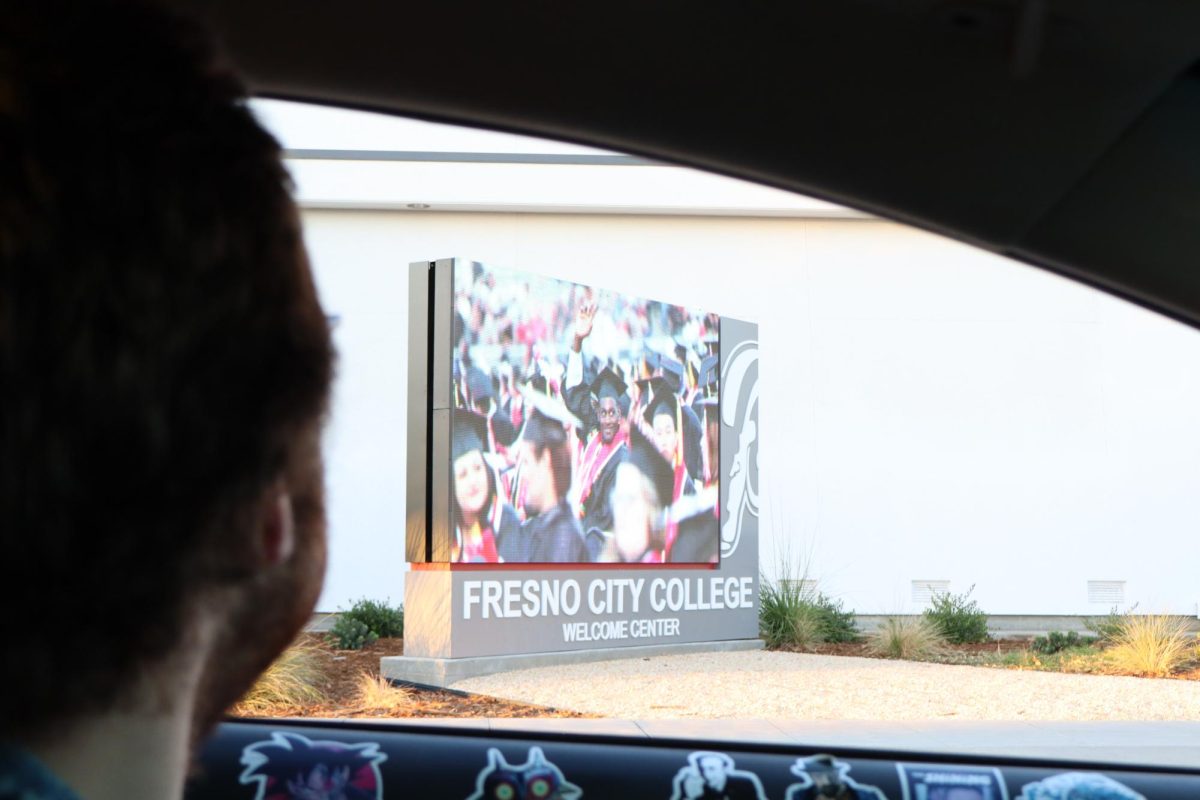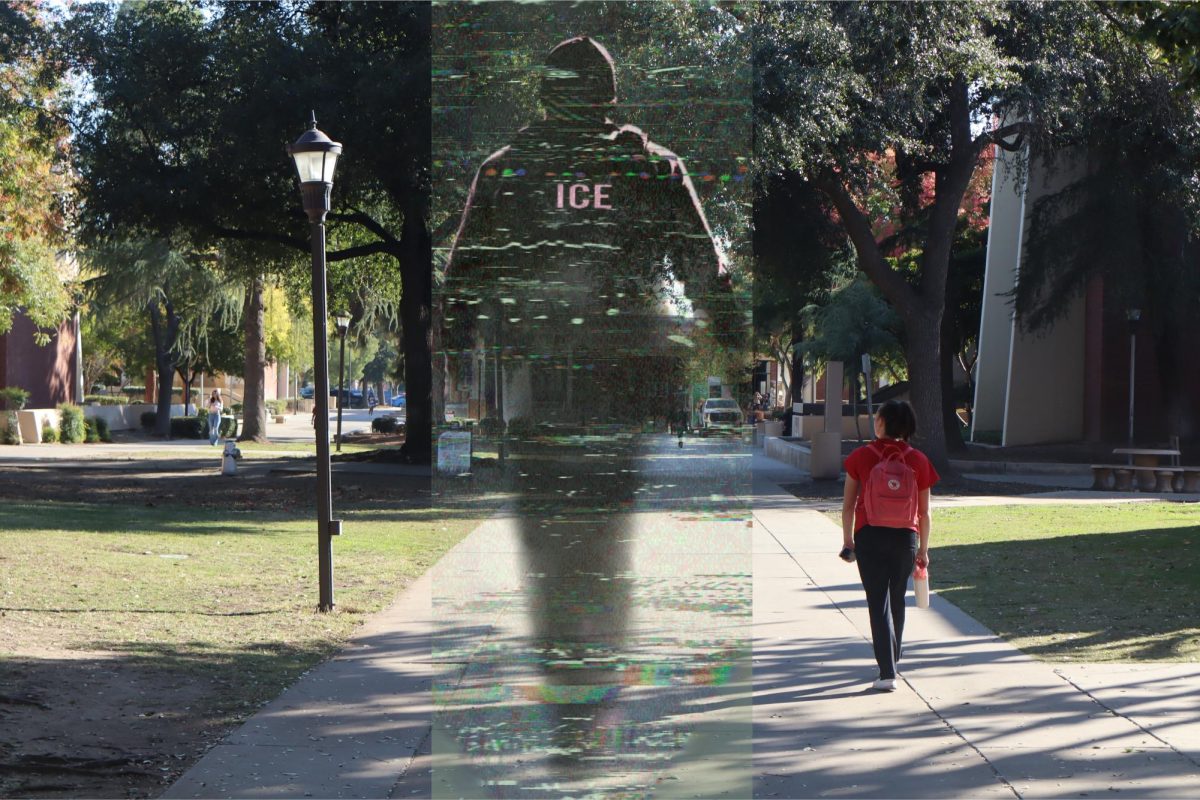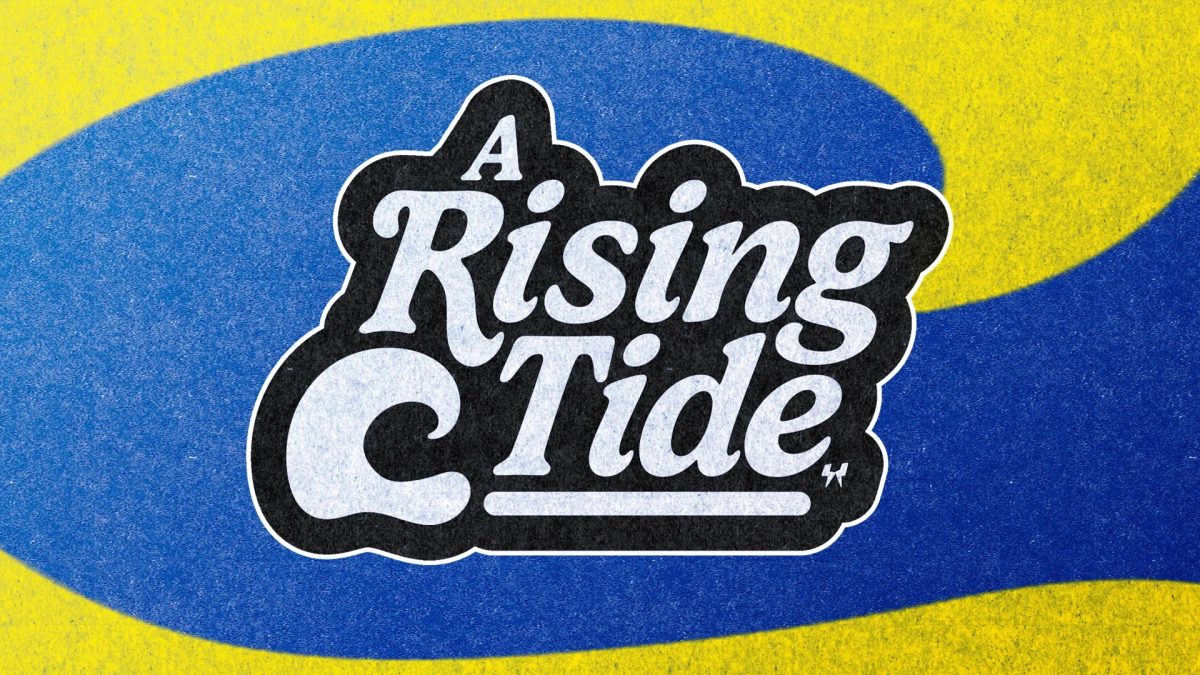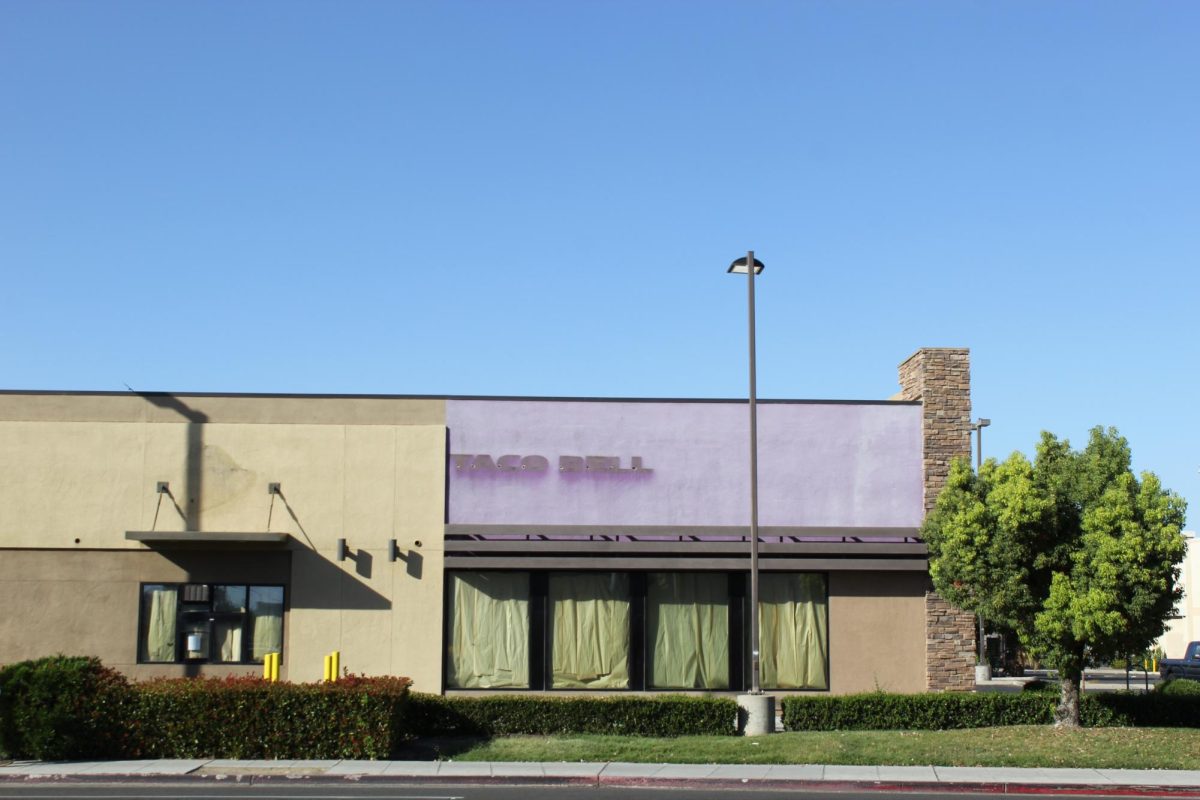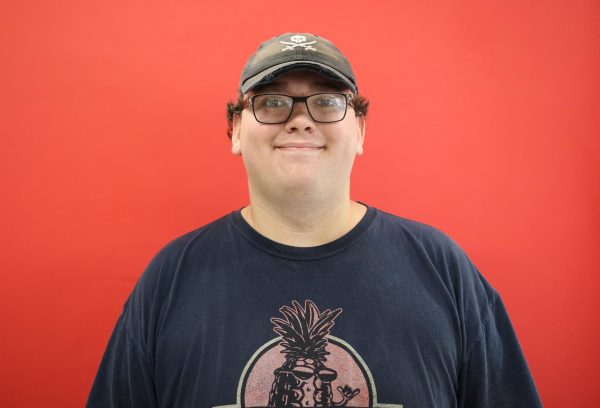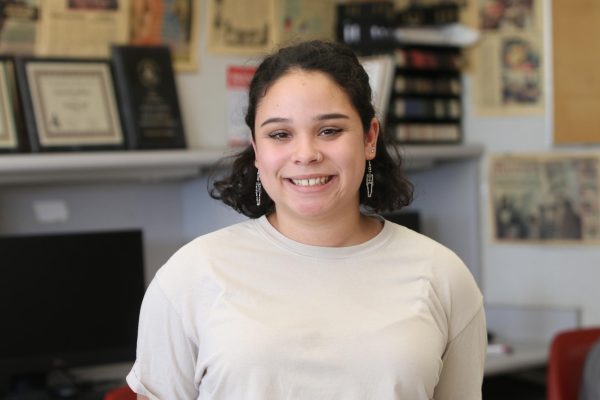If a student has a GPA of 2.0 or lower or haven’t completed more than half the courses for one semester they will be placed on academic probation. If Fresno City College students aren’t careful, probation can drastically halt a student’s academic progress.
On the FCC website, there is a detailed page filled with any information students may need, breaking down the many levels of academic probation. The college offers a workshop to answer any questions students who are on “Level 1 Academic Probation (A1)” may have.
You won’t be able to add or drop classes on your own until you finish this course. Level 2 of academic probation has a Zoom course students must complete in order to register for classes. Any further level of probation you need to make an appointment with a counselor or you will be qualified for disqualification.
The answers to questions like what is probation, and what can I do to help myself are all found on the website and through the workshop for A1 level probation.
Medical assistant student Brandy Carew has previously been on probation and had to adjust to that change in her career as a student.
“Being on academic probation, I felt stuck. It was like being put in a room with all the things I struggled with academically and I couldn’t get out until I finished them. It put a little setback to my plans. I honestly felt defeated,” Carew said.
Welding student Sage Melikian also had to adapt to this new obstacle.
“Honestly it made me feel like a small little mess up would just really screw everything up. At first, I kind of thought like ‘Oh God I could lose, like everything in college. I could lose my financial aid,’” Melikian said.
Carew and Melikian had to approach their studies with a new strategy in order to turn their academic standing around for the better.
“Actually take the time and sit down [to] read, do the work, put in the effort. If you put in the effort you have a lot of higher chances of passing,” Carew said.
Despite how difficult it may seem to overcome academic probation, if you try your hardest and turn in what you can, it is possible, according to Melikian.
“Try to at least, it’s hard for me to even say this, but try to prioritize your studies. And if you can’t prioritize that at least, try to turn in as much as you can, to keep your grade at least A, C or B,” Melikian said.
Counseling Department Chair, Janine Gonzales-Cerda wants students to not lose hope and to remember that overcoming probation is more than possible.
“Giving students hope encourages a student to push forward and continue their coursework and program goals. Oftentimes when I meet with students and discuss their options to get back on track and options to recover their GPA, their facial expressions and body posture changes,” she said.
Gonzales-Cerda said that she sees it as a load of stress being lifted because students realize that there is hope for them to continue their educational journey and success is possible.
Tutorial centers like the English focused Peer Assisted Study Sessions (P.A.S.S) and the Writing and Reading Center (WRC) have open doors for students in need. You can find the P.A.S.S. tutorial center in LI-142 and WRC in LI-113, but both centers offer tutoring via Zoom.
WRC head coordinator, Dr. Shushanek Silvas, wants students to know that there is always hope and that if you need help all you have to do is ask for it.
“Do not let failure stop you, time will pass with or without you. It’s one step at a time, it’s not this big monstrous task. You beat that monster and then you find out that you can really do it,” Silvas said.
Sean McGuinness, a tutor that has been with P.A.S.S for four years wants to embrace the center’s goal of peers helping other peers succeed.
Both centers offer free printing and access to tutors who are ready for walk-ins or over Zoom. The P.A.S.S. center even offers free snacks.
Both centers have the same hours: Monday-Thursday, 8 a.m. to 7 p.m.; Friday, 8 a.m. to 2 p.m.; and Sunday, 2 p.m.

